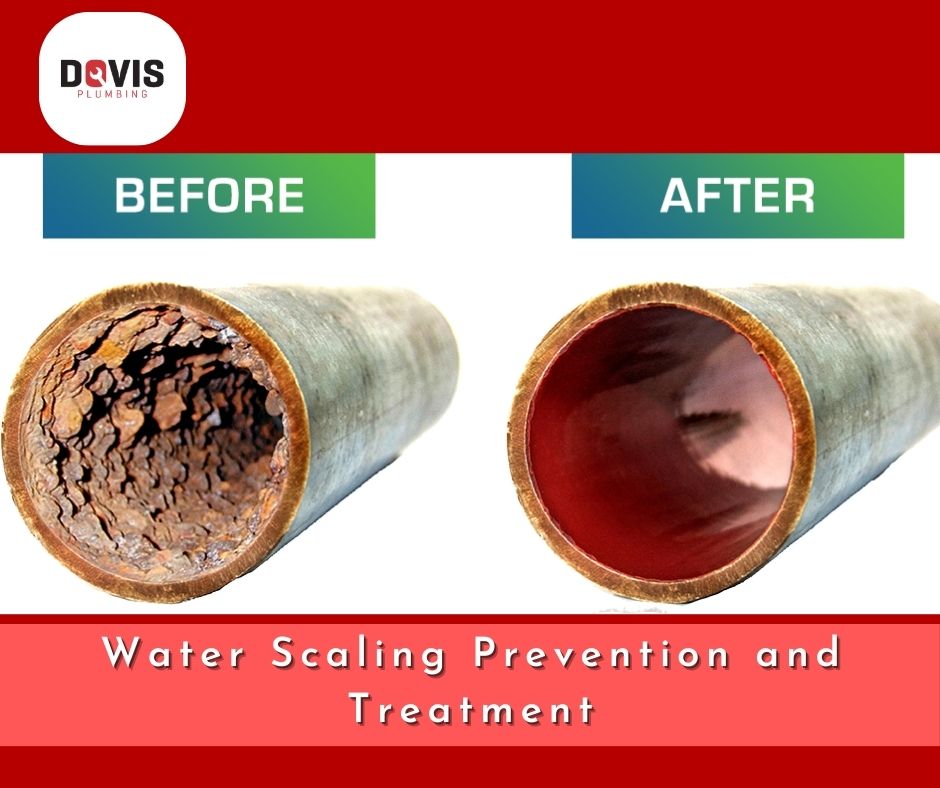Introduction
Water scaling is a pervasive issue that can significantly impact the efficiency and longevity of your homes plumbing systems and appliances in South West Ranches, FL. From HVAC cooling systems to boilers, the detrimental effects of scale buildup are numerous. In this in-depth guide, we'll explore the intricacies of water scaling, its consequences, and effective prevention and treatment methods to safeguard your property's plumbing.
Understanding Water Scaling: The Basics
Water scaling occurs when calcium and magnesium compounds combine, leading to the formation of scale in water. This type of water, known as hard water, is a common culprit behind scale-related problems. The contaminants in hard water, when subjected to movement or temperature changes, can disengage from water molecules, resulting in the formation of scale on surfaces.
Consequences of Untreated Scaling
If left unaddressed, scale accumulates and thickens, causing potential damage to appliances and systems. Thicker scaling is not only harder to remove but can also lead to malfunctions, reducing the efficiency of your homes operating systems in South West Ranches, FL. Recognizing the signs of scaling early on is crucial to prevent extensive damage.
Mitigating Scale Formation: Pretreatment vs. Chemical Treatment
Two primary treatments exist to mitigate scale formation: pretreatment and chemical treatment. Pretreatment involves removing hardness from water before it enters your systems, often utilizing softeners with harmless sodium ions. On the other hand, chemical treatment is applied after hard water has entered the system, using substances like threshold inhibitors, crystal growth modification polymers, and dispersants.
Pretreatment: This simple process utilizes softeners to remove hardness from water before it enters systems. Resin beads covered with harmless sodium ions attract and replace harmful magnesium and calcium ions, preventing scale formation.
Chemical Treatment: A more extensive process applied after hard water has entered systems. Components like threshold inhibitors increase ion concentration, crystal growth modification polymers change scale structure, and dispersants alter attractive forces between scale particles.
Effects of Water Scaling on Facilities
Water scaling can have severe consequences on facilities, particularly in the food service and hospitality industry. Limescale deposits damage steam equipment, washing appliances, heating and cooling components, drains, pipes, ice machines, coffee makers, and utilities. Scale deposits reduce efficiency initially, leading to potential malfunctions and increased operating costs for repairs.
Scaling Treatment Solutions
Before treating water for hardness or scale deposits, a site assessment and water-quality test are crucial. A water treatment professional analyzes water quality for contaminants and acidity, recommends suitable treatment equipment, and assesses plumbing and appliances for existing scale deposits. Treating water before scale forms is a proactive approach to avoiding costly repairs and ensuring the efficient operation of appliances.
In conclusion, understanding water scaling, its consequences, and effective prevention and treatment methods is essential for maintaining the integrity of your plumbing systems. Proactive measures, such as pretreatment and regular water quality assessments, can save you from the detrimental effects of scaling, ensuring the longevity and efficiency of your property's water infrastructure.






